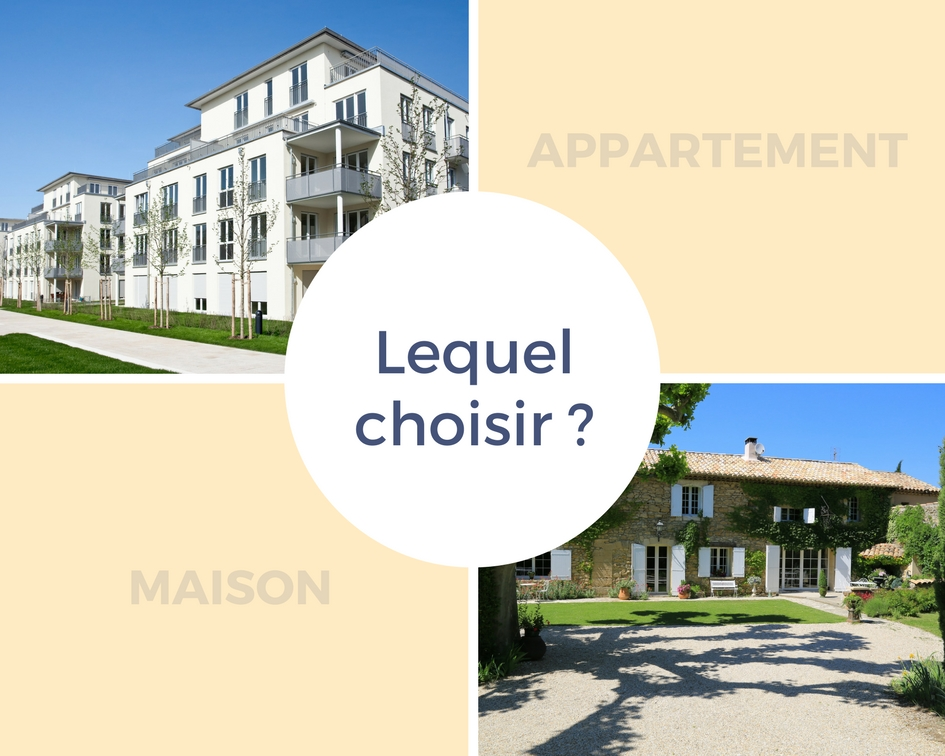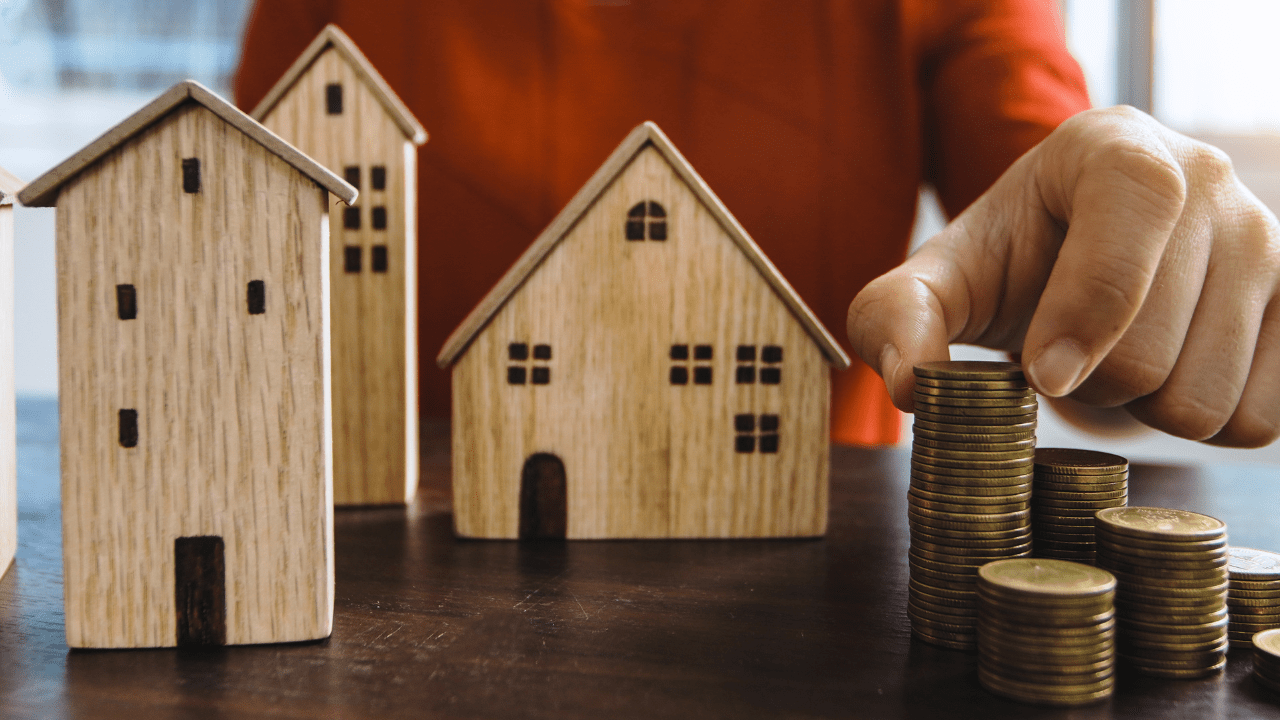Apartment or house: How to make your first real estate choice a success


Apartment or house: How to make your first real estate choice a success
Understanding the importance of this first choice
Buying a first property is a decisive step that goes far beyond a simple financial transaction. It's a life project, often the first real long-term commitment. Even before you start the administrative procedures, search for financing, and view properties, a fundamental question arises: should you choose an apartment or a house? This choice, which might seem trivial at first, shapes not only your investment but also your daily life for years to come.
Strengths and limitations of the apartment
Why the house is still appealing
The condition of the property: A key factor for an informed decision
Choosing an apartment is often synonymous with practicality and accessibility. This type of property particularly attracts those who want to live in the heart of the action, enjoying the proximity of shops, services, and public transport.
It also appeals due to a generally more affordable acquisition cost and simplified management. With less maintenance and fewer responsibilities for major exterior work, the apartment fits perfectly into a dynamic lifestyle where every minute counts. However, this option also has its limitations: generally smaller spaces, a lack of privacy compared to a detached house, and condominium fees that shouldn't be overlooked.
Conversely, a house represents a completely different philosophy. By choosing a detached house, you get more space, the freedom to personalize it, and, most importantly, valuable privacy.
It perfectly meets the needs of a growing family or those looking for a calm and open environment. But these advantages come at a price: a more substantial acquisition budget, heavier maintenance costs, and a location that is often farther from urban centers, which means more frequent travel. Choosing a house, therefore, means accepting additional responsibilities in exchange for a more spacious daily comfort.
When you embark on the quest for your first home, the excitement of viewings can sometimes obscure a fundamental aspect: the actual condition of the desired property. It's absolutely essential not to rely solely on appearances and to conduct a meticulous inspection before committing.
Love at first sight can quickly turn into a financial black hole if hidden defects or major structural work aren't identified beforehand. That's why every detail counts: from the condition of the roof to the foundations, including the plumbing and electrical systems, everything must be scrutinized carefully.
Cracks in the walls, signs of moisture on the ceiling, sound and thermal insulation, or the age of the installations are all signals that you need to know how to decipher or have a professional decipher for you. These observations, although sometimes technical, are crucial because they allow you to anticipate future expenses and evaluate the property's true value.
Budget, location, and projection: The three keys to making a decision
The choice between these two types of properties is not just about personal preference; it also depends heavily on your financial situation and your future prospects. The question of budget is paramount. Before any decision, it's essential to precisely define your down payment, your borrowing capacity, and the monthly payments you can afford. This calculation will help guide your search, as the price difference between a house and an apartment can be very significant depending on the neighborhood. You must also take into account the ancillary costs: fees for condominiums, work and maintenance for houses, and taxes and administrative costs.
Next is the question of location. Living in the city center means enjoying direct access to schools, shops, healthcare services, and cultural and sports facilities. This environment can be a determining factor for young professionals or couples who are looking for a dynamic social life. In contrast, living in a house in the suburbs provides a quieter setting with more space, but it requires you to deal with longer commutes. Each choice, therefore, involves compromises that must be carefully considered.
Another factor that heavily influences the decision is long-term planning. Buying a property means envisioning your future over several years. If your goal is to settle down permanently and build wealth, it's important to anticipate how your lifestyle might evolve: the arrival of children, the growth of remote work, or the desire to invest in a property you can resell for a profit. A house offers interesting prospects for those who want to invest for the long term and benefit from a flexible space, while a well-located apartment retains a strong resale value thanks to its strategic location.
Taking time to reflect before buying
For a first-time buyer, the temptation to rush is strong, but patience and preparation are your best allies. Start by clarifying your priorities: do you prefer city life where everything is within walking distance, or a quieter environment where quality of life takes precedence over proximity? Realistically evaluate your financial capacity and take the time to study the market to avoid emotional decisions that don't match your means or your needs. Every viewing is an opportunity to refine your project and compare the pros and cons of different properties.
Finally, keep in mind that a real estate purchase is above all an investment. It is therefore essential to ask yourself not only what you want today, but also what you will want tomorrow. By combining reflection and anticipation, you will be able to choose between an apartment and a house with full awareness, and turn this first purchase into a real success.
CONCLUSION :
Buying your first property, whether it's an apartment or a house, marks a major turning point in your life. More than just a financial transaction, it's a profound commitment that will shape your daily life and your assets for years to come. The success of this step relies on a thoughtful approach and a clear understanding of your priorities.
As we've explored, each option has distinct advantages and disadvantages. An apartment appeals with its practicality, accessibility, and simplified management, making it ideal for a dynamic urban life. A house, on the other hand, offers space, privacy, and the freedom to personalize, meeting the aspirations of those who seek a more serene and adaptable living environment.
Beyond personal preferences, the final decision must be based on three fundamental pillars: your realistic budget, a location that matches your lifestyle, and a clear projection of your future needs. Anticipating changes in your family or professional situation, evaluating hidden costs, and weighing the compromises inherent in each choice are crucial steps to avoid regrets.
Ultimately, rushing is the enemy of a successful first property purchase. Take the necessary time to refine your criteria, explore the market, and don't be afraid to ask all the necessary questions. By approaching this project with discernment, aligning your aspirations with your financial capacity, and planning for the future, you will turn this significant step into a wise and lasting investment. Your first home won't just be a roof over your head; it will be the foundation of a stable and fulfilling life.


